News
-
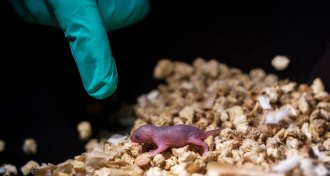 Life
LifeGene editing creates mice with two biological dads for the first time
Scientists have used CRISPR/Cas9 to make mice with two biological fathers.
-
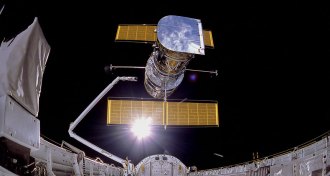 Astronomy
AstronomyIf the past is a guide, Hubble’s new trouble won’t doom the space telescope
Hubble is in safe mode, but astronomers are optimistic that the observatory will keep working.
-
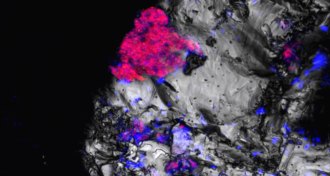 Earth
EarthThese light-loving bacteria may survive surprisingly deep underground
Traces of cyanobacteria DNA suggest that the microbes live deep below Earth’s surface.
-
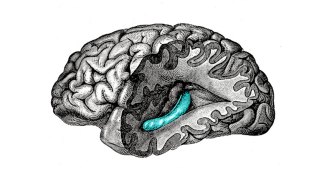 Neuroscience
NeuroscienceHow your brain is like a film editor
A brain structure called the hippocampus may slice our continuous existence into discrete chunks that can be stored as memories.
-
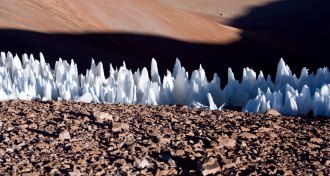 Planetary Science
Planetary ScienceSpiky ice spires may stud the equator of Jupiter’s moon Europa
Fields of jagged ice spires, if they exist, could affect where future spacecraft land on the Jovian moon.
-
 Climate
ClimateLimiting global warming to 1.5 degrees versus 2 has big benefits, the IPCC says
A new report from the Intergovernmental Panel on Climate Change compares the impact of warming targets on extreme weather, sea level rise and habitat loss.
-
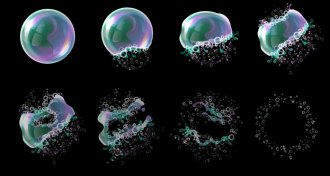 Cosmology
CosmologyThe universe’s continued existence implies extra dimensions are tiny
The strictest limits yet on the size of extra dimensions come from the fact that black holes haven't destroyed the universe.
-
 Physics
PhysicsA new ultrafast laser emits pulses of light 30 billion times a second
A new technique allows lasers to pulsate at a higher rate than ever before.
-
 Health & Medicine
Health & MedicineCity size and structure may influence influenza epidemics
The size and structure of cities helps shape the progression of new influenza cases during a flu season, a new study finds.
-
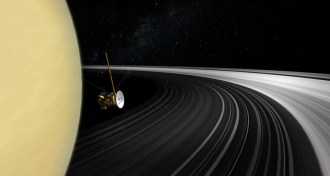 Planetary Science
Planetary ScienceSaturn’s ‘ring rain’ is a surprising cocktail of chemicals
NASA’s Cassini probe got a closeup view of the material falling from Saturn’s rings into the planet. The data could help illuminate the belts’ origins.
-
 Chemistry
ChemistrySpeeding up evolution to create useful proteins wins the chemistry Nobel
The three winners, which include the fifth woman to win the chemistry prize, pioneered techniques used to fashion customized proteins for new biofuels and drugs.
By Laurel Hamers and Maria Temming -
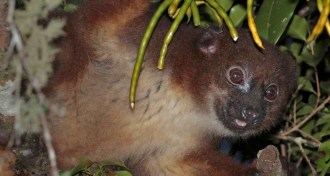 Life
LifeLemur study suggests why some fruits smell so fruity
A new test with lemurs and birds suggests there’s more to fruit odors than simple ripening.
By Susan Milius